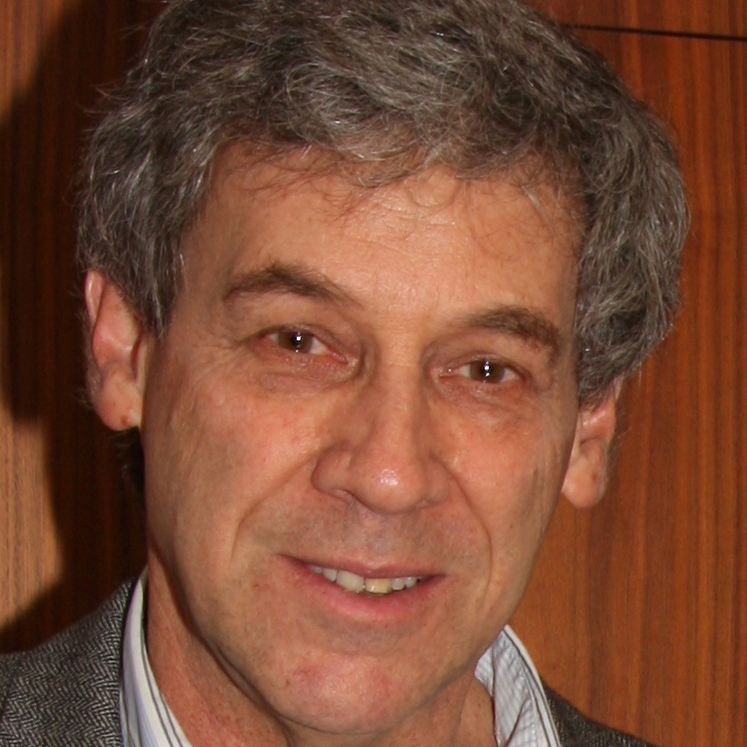
Banner

Jacob Zuma’s speech a non-event amid crisis
Geoff Sifrin
TAKING ISSUE
The latter had torn himself away from his “beloved, bereaved Paris”, still traumatised because of the recent terrorist attacks there by the Islamic jihadists of ISIS. Despite the emotional difficulty of leaving Paris, his family and friends at a time like this, he had decided to come, he said, because of the importance of South Africa, which was “one of the battles of my generation” – the anti-apartheid struggle.
The key leadership of SA Jewry assembled at the impeccably organised event, offered Zuma a chance to inject some optimism into the Jewish constituency that, although numerically small, is an important part of the South African mosaic. Its general feeling today – along with numerous other South Africans – is gloomy about the state of the country and its political directions.
Jewish rage simmers about the ANC’s attitude to Israel, symbolised by its embrace of terrorist organisation Hamas when it visited three weeks ago.
Zuma did, at the end of his speech, talk about Hamas. But for the bulk of it, he simply plodded through the tired script about the important role Jews had played in the liberation struggle.
As if by flattering the Jewish audience in this way, he could divert their anger. But instead of making them feel good, it came across as patronising. We know all that history already; the facts are correct. It is, however, history.
Today’s urgent issues are about other things: South Africa’s flagging economy, political instability, racism in the society, corruption, foreign policy, particularly regarding Israel, international terrorism and South Africa’s place in it, and so on. That is what people came to hear about.
From 1915, Jews helped form the first South African socialist organisations, said Zuma; in 1921 they helped create the SA Communist Party; in 1922 they tried diverting striking white miners’ anger to more constructive directions for the good of all; in the 1960s with the liberation movements’ bannings, Jews like Denis Goldberg provided safe houses for activists hiding from police; other activists went into exile, like Joe Slovo, a founder of Mkhonto we Sizwe; whites in the Rivonia trial were Jewish; Eli Weinberg was the courageous photographer of the liberation movements; in Mandela’s post-apartheid South Africa, Jewish jurists Arthur Chaskalson, Albie Sachs and Richard Goldstone were prominent in the legal system. And so on.
In his few sentences about the state of the country, he spoke about economic growth being too low to solve unemployment, affected by the slowdown in China’s economy. But there was nothing new said, or much hope offered. He looked like a man without a vision.
Regarding global terrorism, he said the incidents in Paris, Mali and other places put the spotlight on peace and conflict in the Middle East, including Palestine. And the key to Israeli-Palestinian peace is a two state solution based on the 1967 borders, with East Jerusalem as the Palestinian state’s capital.
Audible murmurs of disapproval were heard from parts of the audience, and one wondered whether Zuma would be booed.
But, he stressed, South African support for a Palestinian state does not exclude support for the safety of Israel. South Africa will engage with all sides. But again, he provided no programme or details for such engagement, no vision beyond his bland statement of principle.
Then he got to Hamas and said quietly that he had become aware that the effusive manner in which Hamas had been received by the ANC, concerned the Jewish community. He had taken note of this, he said pointedly.
This acknowledgement was perhaps as far as he was able to go in terms of his own political realities. He did not, however, specifically denounce Hamas’ terrorist tactics – or even acknowledge they existed – nor apologise for the welcome given to them. Rather, he repeated, South Africa must engage with all parties, in the belief that it has something to offer in the promotion of peace in the world.
Zuma is not regarded by Jewish leaders as an enemy of Israel, personally. Indeed, outgoing SAJBD President Zev Krengel stated categorically that on many occasions he intervened behind the scenes to solve problems regarding Israeli issues in South Africa.
But clearly, the hostility towards Israel in ANC ranks is something Zuma does not have control over. Or is perhaps, unwilling to exert control over. Flattery about Jewish heroes of the Struggle cannot hide this. The most glaring element in Zuma’s speech was the absence of any vision for a better future.
Geoff Sifrin is former editor of the SAJR. He writes this column in his personal capacity.




